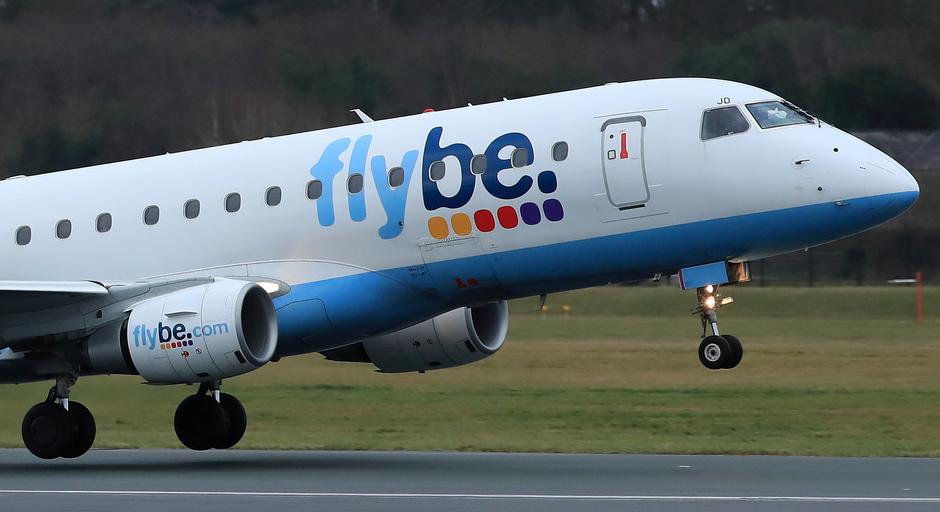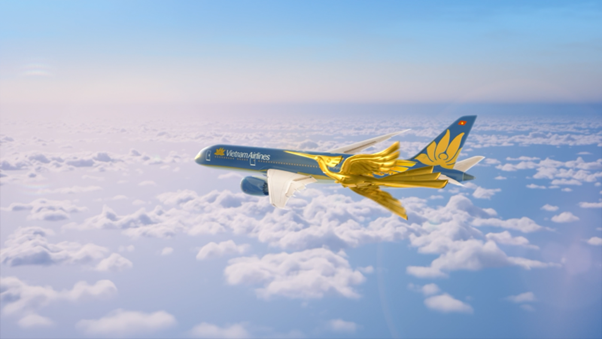“We could discount prices tomorrow and it wouldn’t do any good,” Southwest Airlines Co (LUV.N) Chief Executive Gary Kelly said at an aviation conference in Washington.
Earlier, Kelly told CNBC: “9/11 wasn’t an economically driven issue for travel, it was more fear, quite frankly, and I think that’s what’s manifested this time. I think there’s elements of both but it has a 9/11-type feel.
“Hopefully, we’ll get this behind us quickly.”
The Dow Jones U.S. Airlines Index [.DJUSAR] closed down 8.6%.
The estimated revenue hit to the sector was made by the International Air Transport Association (IATA), which said the impact could range between $63 billion and $113 billion this year, depending on the progression of the virus.
That was more than three times its forecast for a $29 billion impact made just two weeks ago.
The COVID-19 virus emerged in China late last year and has now spread to more than 80 countries, leading to travel and other restrictions. It has killed more than 3,300 people and infected tens of thousands more, raising fears of a pandemic that could plunge the global economy into recession.
 A Flybe plane takes off from Manchester Airport in Manchester, Britain, January 13 2020. (Photo: REUTERS/Phil Noble).
A Flybe plane takes off from Manchester Airport in Manchester, Britain, January 13 2020. (Photo: REUTERS/Phil Noble).
Airlines across the globe are rushing to cut flights and costs, and warning of a hit to earnings.
“There are lots of airlines that have got relatively narrow profit margins and lots of debt, and a cash flow shock like this could certainly send some into a very difficult situation,” IATA Chief Economist Brian Pearce told a media event in Singapore.
British regional carrier Flybe became the first big casualty of the outbreak after the British government walked away from a rescue package agreed upon in January due to the scale of the hit to demand over the virus.
In a sign of the new difficulties for airlines, a Turkish Airlines jet (THYAO.IS) was flown back to Istanbul without any passengers on board on Thursday on orders from Singapore after a passenger who had arrived on the same plane on Tuesday tested positive for the virus.
South Korea, Italy and Iran have been particularly badly affected. Germany, Japan, France, Spain, the United States, Singapore and Hong Kong have all reported more than 100 cases.
IATA said its lower forecast was based on the virus being contained in current markets with over 100 cases as of March 2, while the higher estimate was based on a broader epidemic. Both scenarios assume there will be a recovery by late summer.
Meanwhile, Southwest warned that the epidemic could wipe up to $300 million from its first-quarter operating revenue and Norwegian Air (NWC.OL) became the latest airline to scrap its profit forecast for 2020.
Norwegian, a pioneer of low-cost transatlantic travel, has been struggling for years due to cutthroat competition and heavy debts built up during rapid expansion.
Its shares, which have lost nearly 60% of their value this year, ended 13% lower on Thursday.
Analysts say few airlines are likely to remain unscathed, as both business and tourist travel are being affected, with meetings and events being canceled and companies limiting travel to protect employees.
Data provider ForwardKeys said on Thursday new flight bookings to Europe from elsewhere in the world fell by 79% in the last week of February, as the virus took hold in popular tourist destinations such as Italy.
“The drop-off in bookings to Italy is even worse than we have observed in the past for some of the most disruptive events such as terror attacks,” ForwardKeys Vice President Insights Olivier Ponti said.
Cre: Reuters
Nguyen Xuan Nghia – COMM











